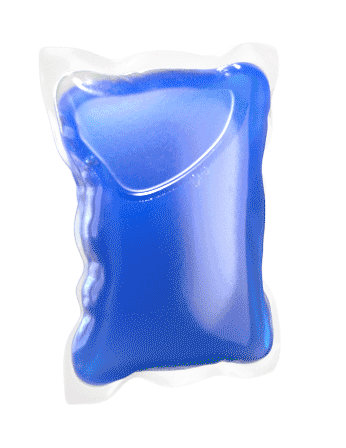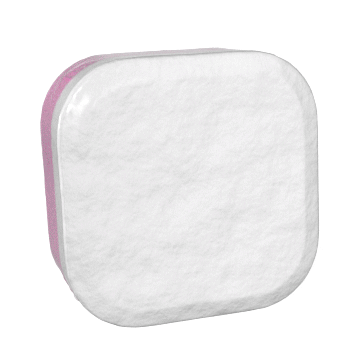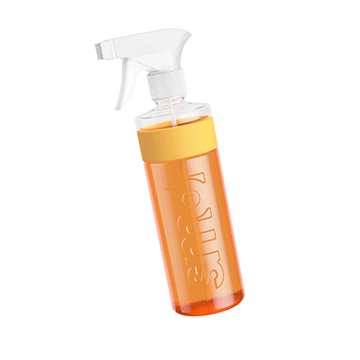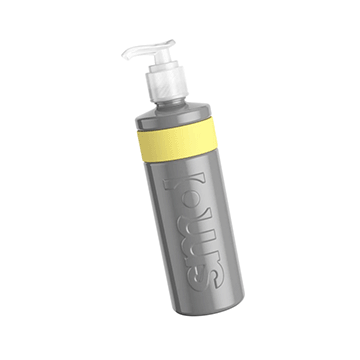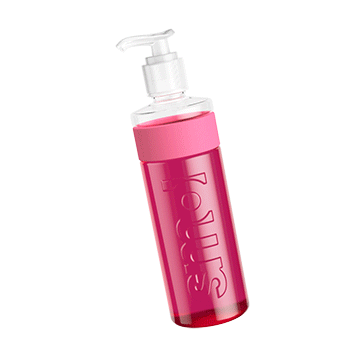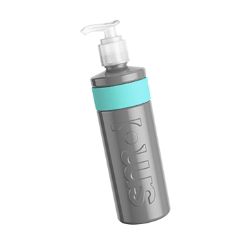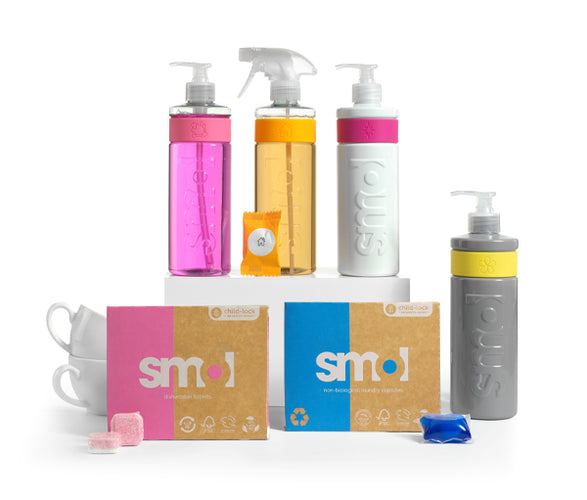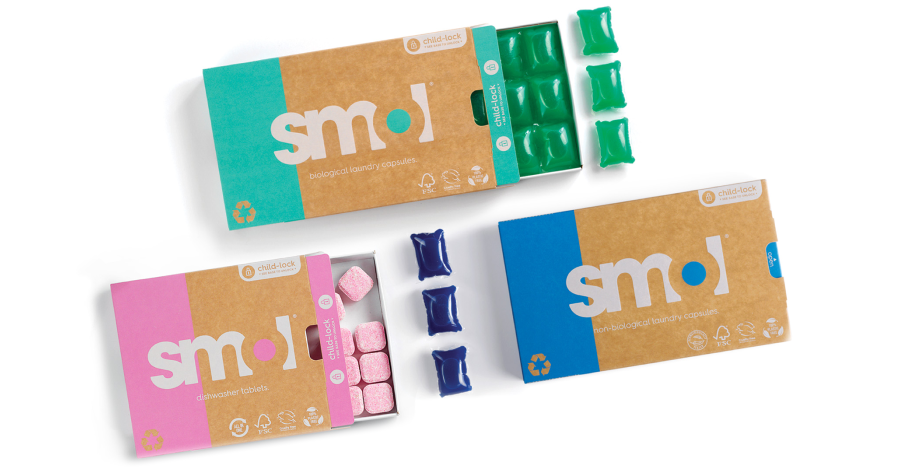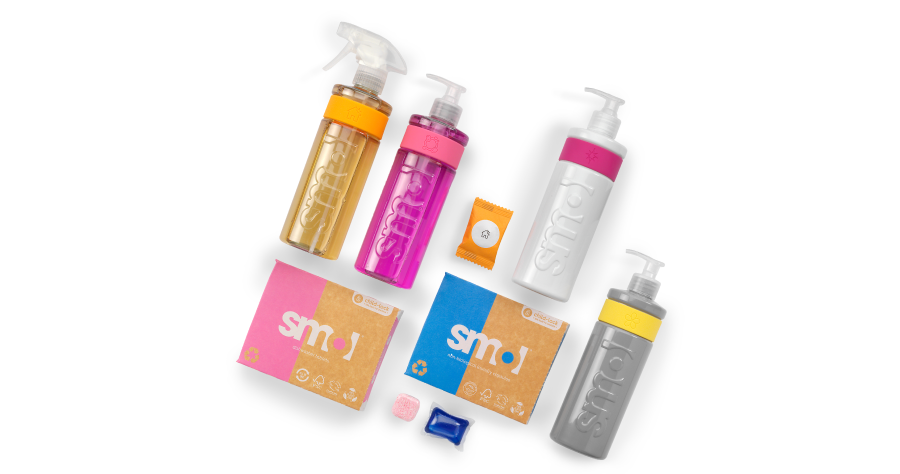Hygiene is two-thirds of health
Proverb
The size of the matter…
Poverty in the UK is growing year on year and the recent cost of living crisis is only making things worse.
More than 1 in 5 of us (14.5 million) now live in poverty and of these, 4.3 million are children.
In fact, according to the 2022 UK Poverty Report by the Joseph Rowntree Foundation, children have had the highest poverty rates throughout the past 25 years of any group in our society and in 2019/20, a staggering 31% of children were living in poverty.
Facing these challenges, households struggle to put food on the table, to heat their home, pay their rent and of course they cannot buy the essentials that many take for granted. In fact those ‘essentials’ are the first thing to go.
Research from The Hygiene Bank shows that people tend to stop buying toiletries for example, long before they start visiting food banks. Hygiene has become a luxury.
Hygiene Poverty is a dirty reality
Hygiene poverty is not being able to afford the everyday hygiene and personal grooming products many of us take for granted.
It’s the inability to take a shower with shampoo, conditioner and soap. It’s using an old toothbrush because you can’t afford a new one and not using any toothpaste. It’s having to choose between shaving your face or using deodorant. It’s washing your clothes less often because you can’t afford laundry detergent. It’s not being able to change your baby’s nappy for long periods or having to reuse disposable nappies because you can’t afford more than one per day. It’s being scared to leave your home during your period, or missing school because your homemade solutions leak and could embarrass you. It’s not being able to clean your home because you can’t afford cleaning products.
All the everyday items that many of us don’t give a second thought about are products that those in poverty are having to forego.

And the impact is far reaching.
Hygiene poverty is a vicious cycle.
Once a person is living in this trap, they face enormous challenges breaking out of it. Without proper hygiene, adults struggle to find employment because they can never put their best foot forward during job interviews and children struggle to succeed in school.
Not wearing clean clothing to school has direct and serious impacts on a child and their ability to learn. The Joseph Rowntree Foundation has found that many children are regularly missing school days for lack of a clean uniform.
8 in 10 primary school teachers say they have witnessed a rise in the number of children attending school unwashed or wearing unclean uniform in the last 5 years and have found themselves intervening at an increasing rate (one third of teachers regularly buy their pupils toiletry essentials).
“We know access to clean clothing might feel like a small thing but for kids going without, it can be socially excluding, inhibit learning and impact mental health.” - Amy Harris, Brands & Schoos Manager, The Hygiene Bank.
So not only can it make chronic illnesses worse, it will impact a person’s self-worth and self-respect. Children growing up in this environment are being excluded in the playground and classroom and it can make them a target for bullying. In fact nearly 50% of teachers say they have witnessed children being bullied because of hygiene issues.
So what’s to be done?
If we know that access to hygiene products can help entire households improve their quality of life and even find their way out of poverty then how can we make sure this happens?
As a company here at smol we now have 3 distinct ways of giving targeted help to those who are genuinely in need and we work closely with The Hygiene Bank charity to ensure the most possible benefit from the donations that we provide.
Click here to find out how you can help those in need with smol.
